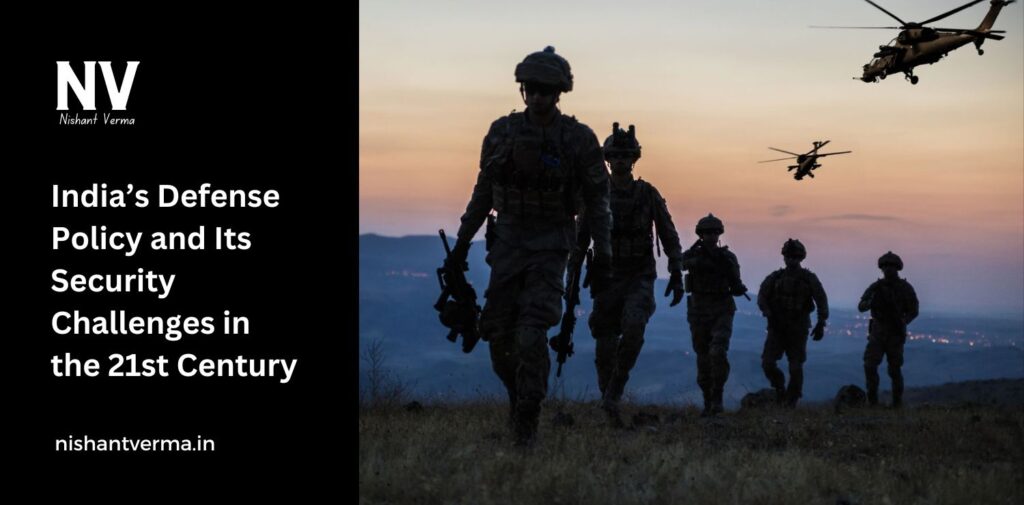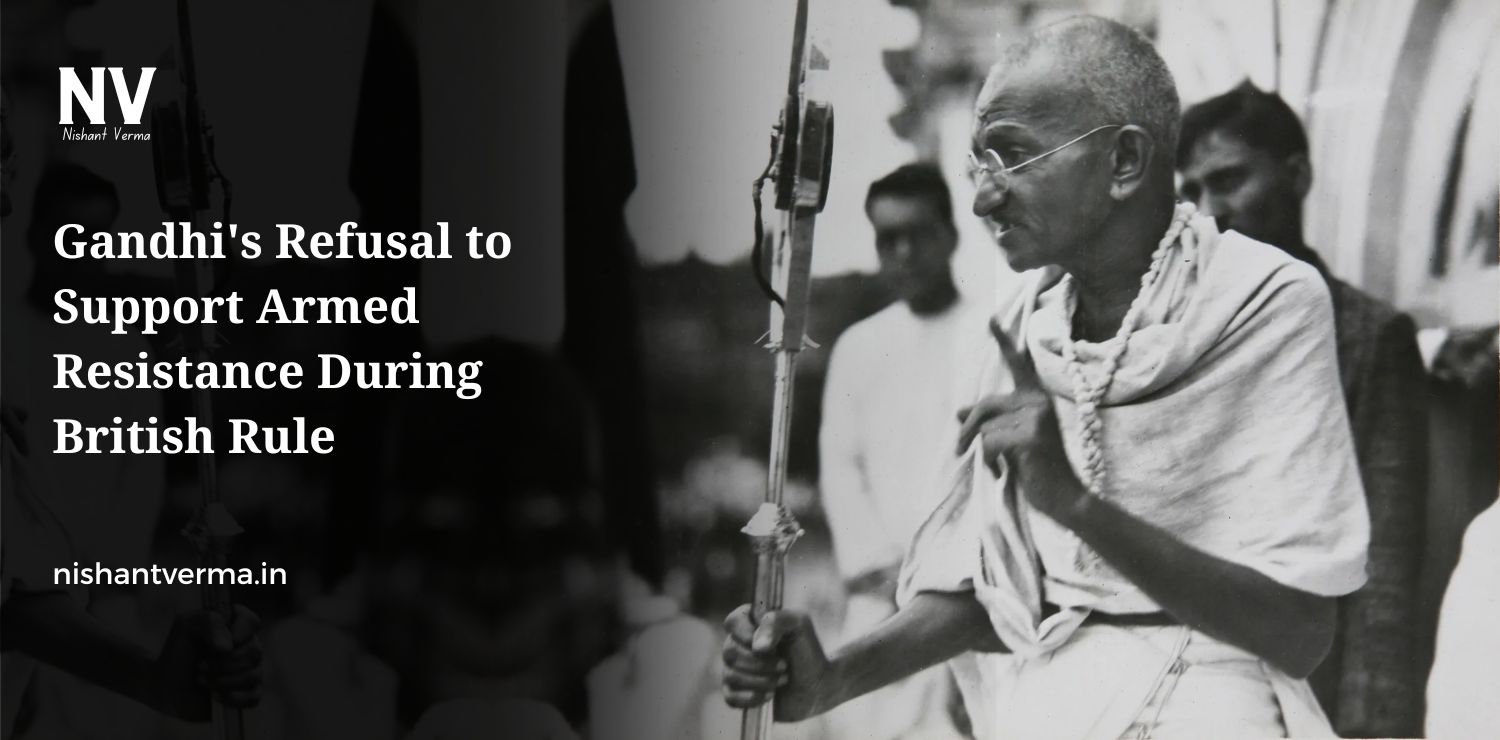India is one of the largest and most powerful countries in the world, with a rich history and culture. But like every other country, India faces security challenges that it must address to keep its people safe and protect its borders. In this article, we will talk about India’s defense policy, what it is, why it is important, and the security challenges that India faces in the 21st century.
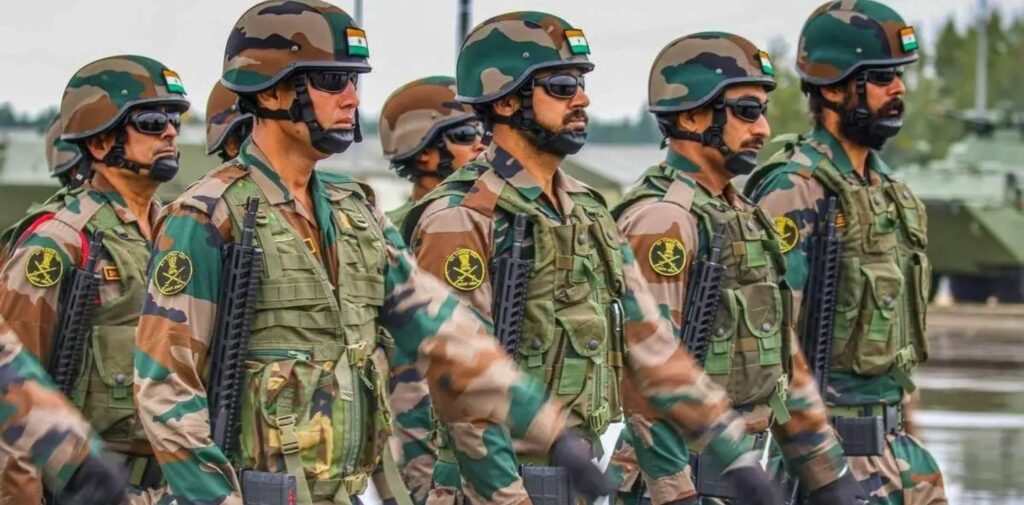
What is India’s Defense Policy?
A country’s defense policy is a set of rules and plans that guide how it will protect itself from external threats, such as attacks from other countries or terrorist groups. India’s defense policy focuses on maintaining peace, stability, and security both within the country and at its borders. It also includes protecting the country’s sovereignty, which means keeping control over its territory and ensuring that no one interferes with its government or way of life.
India’s defense policy is based on several key principles:
- Defensive Posture: India’s defense policy aims to protect the country from threats rather than starting wars. India wants to maintain peace, but it is ready to defend itself if attacked.
- Peaceful Relations: India believes in building friendly relations with other countries, especially its neighbors. However, it also understands the need to be prepared for any possible threats.
- Self-Reliance in Defense: India focuses on developing its own military and defense systems. This reduces the country’s dependence on other nations for defense equipment and weapons.
- Nuclear Deterrence: India has nuclear weapons, which are a way to deter other countries from attacking. The idea is that if a country has nuclear weapons, other countries will think twice before attacking because of the potential consequences.
The Role of the Indian Armed Forces
India has a strong military that plays a key role in keeping the country safe. The Indian Armed Forces consist of three main branches:
- Indian Army: The Army is responsible for defending the country’s land borders and fighting against ground threats. It plays an important role in maintaining peace and security within India.
- Indian Navy: The Navy protects India’s coastline and maritime borders. It ensures that sea routes, which are important for trade and communication, are safe and secure.
- Indian Air Force: The Air Force defends India’s airspace and provides support for the Army and Navy. It helps keep an eye on what’s happening in the sky and ensures that no enemy aircraft enter Indian airspace.
Each of these branches works together to keep India safe from any external threats.
Security Challenges in the 21st Century
While India has a strong defense policy, it faces many security challenges in the 21st century. These challenges come from both its neighbors and other sources. Let’s take a look at some of these challenges.
Terrorism
One of the biggest security challenges that India faces today is terrorism. Terrorist groups often attack innocent civilians, and these attacks are usually planned in secret. Terrorism is a global problem, but India faces a significant threat from groups that operate across its borders, especially in the northern regions. These groups sometimes receive support from neighboring countries, making it harder for India to deal with the problem.
India has taken several steps to combat terrorism, including strengthening its intelligence services, improving security at borders, and working with other countries to fight terrorism. However, it remains a major concern.
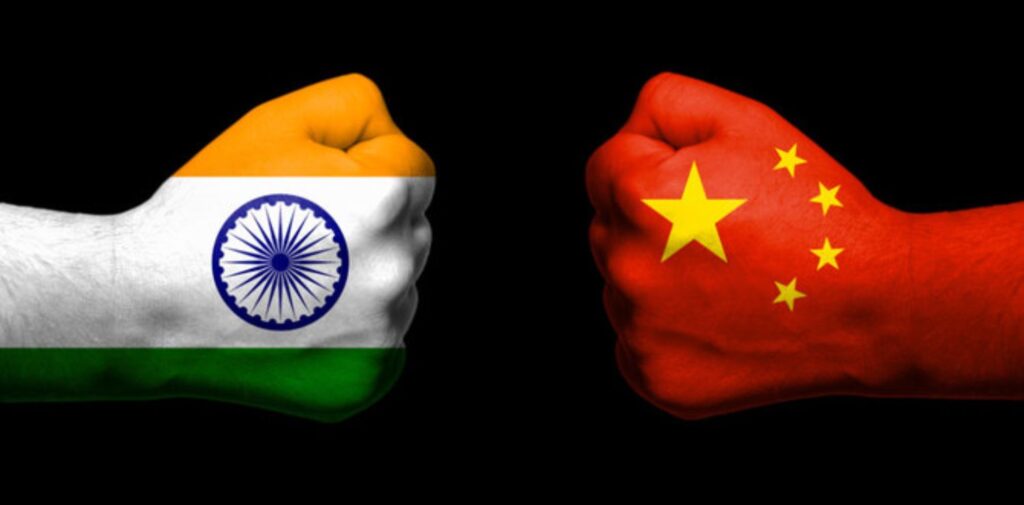
Border Disputes
India shares long borders with several countries, and some of these borders are not clearly defined. India has had disputes with neighboring countries, such as Pakistan and China, over certain areas of land.
The India-Pakistan border dispute has been a source of tension for many years. The two countries fought wars over the Kashmir region, which both claim as their own. Even today, there are regular clashes along the border in the Kashmir region, and the threat of conflict continues to loom.
The India-China border dispute is also significant. The two countries fought a war in 1962, and tensions remain over regions like Aksai Chin and Arunachal Pradesh. While both countries have tried to resolve the issue through talks, the situation is still sensitive, and India needs to be prepared for any potential escalation.
These border disputes require India to maintain a strong military presence to protect its territory and ensure peace.
Cybersecurity Threats
In the modern world, technology plays a huge role in defense and security. However, it also brings new challenges. Cybersecurity has become a major concern for India, as hackers and cybercriminals can attack critical government systems, financial institutions, and even private businesses.
India’s defense systems are increasingly relying on technology, and the country needs to protect its data and networks from cyber-attacks. These attacks can damage the country’s economy, disrupt services, and even threaten national security. To counter these threats, India is working to strengthen its cybersecurity measures and train experts to deal with online dangers.
Climate Change and Natural Disasters
Although it may not seem like a security challenge, climate change is increasingly becoming a threat to national security. Changes in the environment, such as rising temperatures, floods, and droughts, can cause natural disasters that displace people and damage infrastructure. This can lead to increased tension and conflict, especially in areas that are already facing poverty and unrest.
India has already experienced some of the effects of climate change, and the government is taking steps to reduce the impact. This includes preparing for natural disasters, improving disaster management systems, and working towards sustainable development.
Regional Instability
India is located in a region where several countries are facing political instability, conflict, and internal struggles. These issues can affect India’s security because instability in neighboring countries can spill over into India. For example, political unrest or civil wars in countries like Afghanistan can create a situation where terrorists and criminal groups find safe havens near India’s borders.
India needs to maintain strong diplomatic relations with its neighbors to reduce the chances of regional instability affecting its own security. It also works with other countries to promote peace and stability in the region.
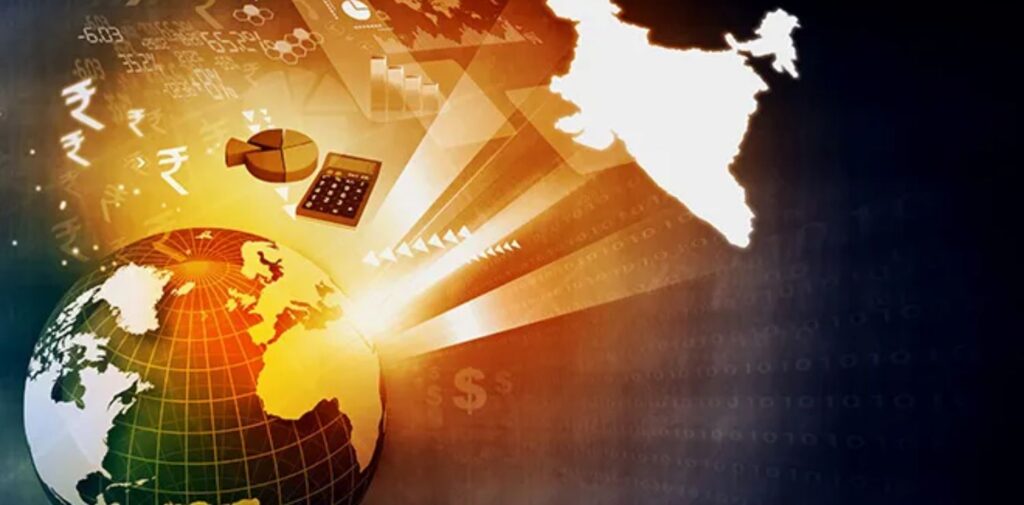
India’s Strategy for the Future
To deal with these challenges, India’s defense policy has evolved to meet the changing needs of the 21st century. The country is focusing on several key strategies to strengthen its security:
- Modernizing the Armed Forces: India is investing in new technologies, weapons, and equipment for its military. This includes upgrading its air force, navy, and army with the latest tools and systems. India is also focusing on developing its own defense industry to reduce dependence on foreign countries.
- Strengthening International Alliances: India is building stronger relationships with other countries, especially in the Indo-Pacific region. Through partnerships with countries like the United States, Japan, and Australia, India is working to promote peace and stability in the region. These alliances also help India to deal with security threats more effectively.
- Countering Terrorism: India is taking strong steps to fight terrorism by improving intelligence sharing, strengthening border security, and working with international partners. It is also taking legal actions against those who support terrorism.
- Focusing on Cybersecurity: India is increasing its efforts to protect its digital systems from cyber-attacks. This includes creating specialized cyber units in the military and improving its overall cybersecurity infrastructure.
- Preparing for Natural Disasters: India is working on disaster management plans and improving its response systems to deal with the effects of climate change and natural disasters. This helps reduce the impact of these events on national security.
Conclusion:
India’s defense policy and security challenges are complex and constantly evolving. The country faces many threats, from terrorism and border disputes to cybersecurity risks and climate change. However, India is taking steps to strengthen its defenses and ensure the safety and security of its people. With a focus on modernization, international partnerships, and proactive measures, India is preparing to meet the challenges of the 21st century and protect its future.
Through these efforts, India hopes to maintain peace, protect its sovereignty, and ensure that it remains a strong and secure nation in the years to come.

